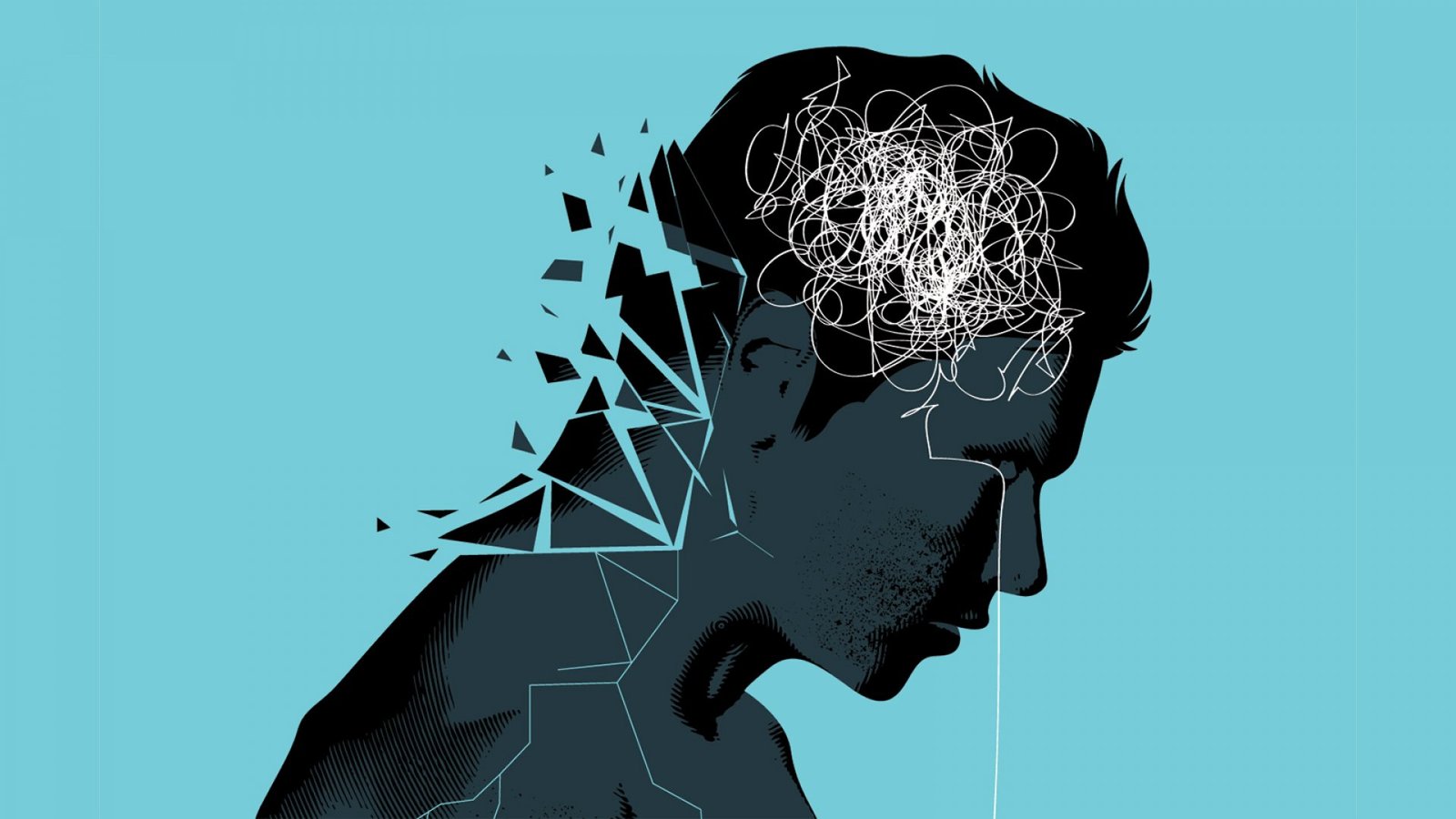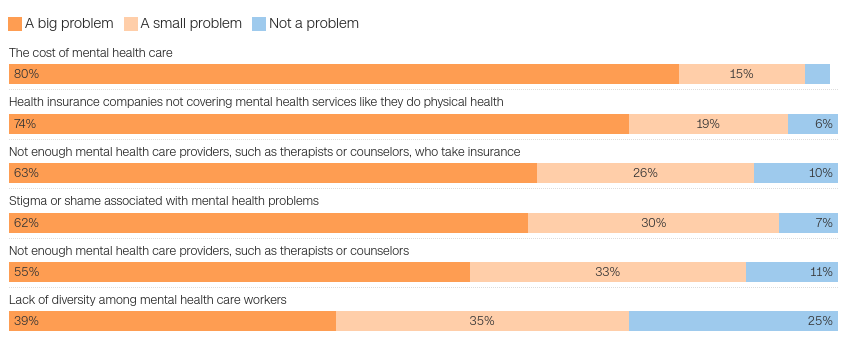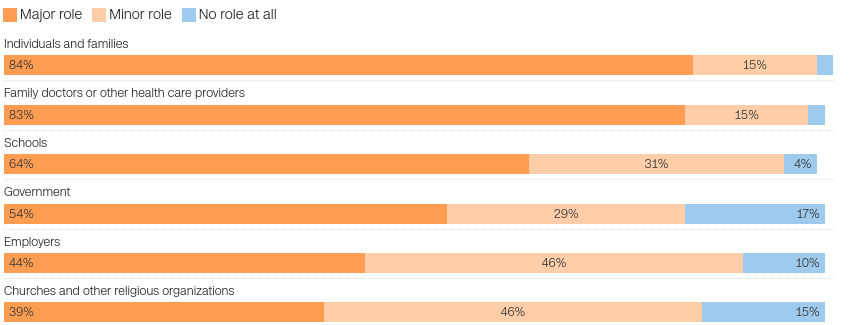 The data certainly points to there being a mental health crisis in the U.S. right now, with suicides growing for the first time in years, and more people seeking care. Most importantly, though, the overwhelming majority of people in the country say that there is; a good rule of thumb is that if a lot of people are telling there’s a crisis, then there’s a crisis.
The data certainly points to there being a mental health crisis in the U.S. right now, with suicides growing for the first time in years, and more people seeking care. Most importantly, though, the overwhelming majority of people in the country say that there is; a good rule of thumb is that if a lot of people are telling there’s a crisis, then there’s a crisis.
A new survey from CNN, in partnership with the Kaiser Family Foundation, found that 90% of adults said ​they believed there’s a mental health crisis in the US. It’s difficult to imagine getting that percentage of people to agree on anything; that’s how big of a problem this is.
The survey, which was conducted July 28 through August 9, sampled of 2,004 adults; of those 1,603 adults were surveyed online, and the other 401 were reached on landlines or cellphones and talked to a live interviewer.
When asked to rate the severity of six specific mental health concerns, the opioid epidemic topped the list, with more than two-thirds identifying it as a crisis rather than a problem. More than half of respondents also identified mental health issues among children and teenagers as a crisis, as well as severe mental illness in adults.
Mental health is also something that touches the majority of Americans, with about 50% of adults saying they have had a severe mental health crisis in their family, including in-person treatment for family members who were a threat to themselves or others, or family members who engaged in self-harming behaviors.
At the same time, more than 20% describe their own mental health as only “fair” or “poor,” and the same percentage said they were often or always depressed or lonely over the past year. Those particularly hit hard by mental illness were adults under the age of 30, adults who identify as LGBTQ, and those with an annual income of less than $40,000.
Yet, these same groups are also not being treated: nearly six out of 10 adults who say their mental health is only fair or poor also said they have not been able to get needed care, including about half of adults younger than 30 and LGBT adults.
One of the biggest barriers to care is cost, with 80% calling it a “big problem;” related to that, 74% said the same of not being covered by insurance. There’s also a lack of providers, both those who take insurance and those who do not, as well as the “stigma or shame associated with mental health problems.” When asked about who should take responsibility for those who are suffering from mental illness, nearly the same percentage who cited “individuals and familes” said the same of “family doctors or other health care providers.” One problem with that is that most adults who said they have only fair or poor mental health indicated that they don’t feel comfortable talking to loved ones about it, mostly due to issues of privacy, as well as shame and stigma. So, while people want family to be involved in mental health issues, those with the issues say the opposite.
When asked about who should take responsibility for those who are suffering from mental illness, nearly the same percentage who cited “individuals and familes” said the same of “family doctors or other health care providers.” One problem with that is that most adults who said they have only fair or poor mental health indicated that they don’t feel comfortable talking to loved ones about it, mostly due to issues of privacy, as well as shame and stigma. So, while people want family to be involved in mental health issues, those with the issues say the opposite.
Lower down the list were schools, with 64% saying they should take a major role, and 54% saying the same of the government. Nevertheless, the government is taking a more active roll, having introduced the 988 Suicide & Crisis Lifeline in July, which it subsequently said increased calls by almost 50% in just its first month.
Nevertheless, the government is taking a more active roll, having introduced the 988 Suicide & Crisis Lifeline in July, which it subsequently said increased calls by almost 50% in just its first month.
When asked about the hotline, 85% said they would be at least somewhat likely to call it if they, or a loved one, were experiencing a mental health crisis. They also felt that it is a good alternative to 911, which about a quarter of adults, most notably Black and LGBT adults, say would do more harm than good in a mental health crisis situation.
One problem, though: more than half of adults in the poll said they have heard “nothing at all” about the new 988 hotline.
(Vator will be holding its Future of Behavioral and Mental Health event in October with speakers that include Russ Glass from Headspace Health; Steve Gatena from Pray.com; Ben Lewis from Limbix; Rebecca Egger from Little Otter; Divya Shah from Meta, and others. Register here to buy your ticket)
(Image source: incimages.com)


















